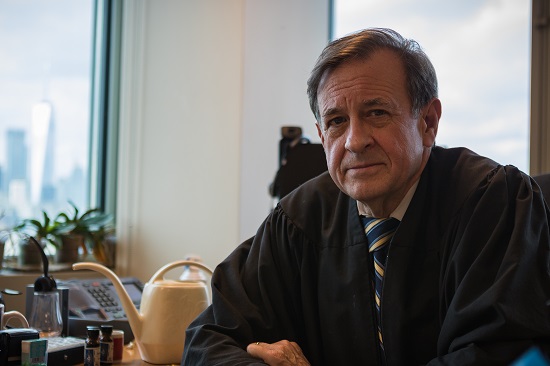Judge Firetog’s last day, a reflection on 35 years of justice

Brooklyn Supreme Court Justice Neil Firetog is an example of a kid who knew exactly what he wanted to be. As far back as seventh grade, when he defended a classmate accused of killing the class fish, he always wanted to be a lawyer. Nearly 58 years later, he prepared for his final homicide trial, which ended with a jury bringing in a guilty verdict.
It’s not that the judge wants to step away from the bench. His retirement is much to the chagrin of the waves of prosecutors, defense attorneys, fellow judges and the family he’s created in his courtroom, but at the age of 70 he is forced to step away.
Friday will be his last day as a judge in nearly 35 years.

Brooklyn Boro
View MoreNew York City’s most populous borough, Brooklyn, is home to nearly 2.6 million residents. If Brooklyn were an independent city it would be the fourth largest city in the United States. While Brooklyn has become the epitome of ‘cool and hip’ in recent years, for those that were born here, raised families here and improved communities over the years, Brooklyn has never been ‘uncool’.